In today’s dynamic business world, the supply chain stands as a vital component for the survival and success of organizations. In this context, smart contracts have emerged as a transformative tool, redefining supply chain management and offering innovative solutions to existing challenges.
What is supply chain?
Before exploring smart contract integration, it is crucial to understand what the supply chain is. In simple terms, the supply chain is a complex, multifaceted process that spans from the procurement of raw materials to the delivery of the final product to the consumer. It is the set of interconnected activities that ensure that products reach their destination efficiently.
Definition of supply chain
The definition of supply chain encompasses the management of flows of information, products and funds throughout the entire production and distribution network. It includes the coordination of activities such as procurement, manufacturing, transportation and warehousing, with the ultimate goal of meeting customer needs in a cost-effective manner.
Logistics and supply chain
Logistics is an integral part of the supply chain and focuses on the efficient management of the flow of products and services. It is the gear that ensures that each stage of the chain functions harmoniously, optimizing costs and delivery times. Logistics and supply chain are intrinsically intertwined, sharing the common goal of improving operational efficiency.
Stages in the supply chain
The supply chain is broken down into several stages, each with its own set of challenges and opportunities. These stages include planning, procurement, manufacturing, distribution and, finally, delivery to the customer. Each stage is crucial to the overall success of the supply chain, and any bottleneck at one stage can affect the entire process.
Planning
Definition of objectives and strategies.
Demand forecasting and production planning.
Procurement
Procurement of raw materials and necessary components.
Establishment of relationships with suppliers.
Manufacturing
Transformation of raw materials into final products.
Quality control and management of production processes.
Distribution
Storage of finished products.
Planning and execution of distribution strategies.
Customer delivery
Coordination of logistic activities for delivery.
Customer service and after-sales service management.
Smart contracts: Transforming the supply chain
The incorporation of smart contracts in the supply chain represents a significant advance toward efficiency and transparency. These contracts automate key processes, from order placement to payment, ensuring automatic compliance with agreed terms. This not only speeds up operations, but also reduces costs and minimizes the risk of human error.
Conclusion
In summary, smart contracts are playing a crucial role in the evolution of the supply chain. By leveraging blockchain technology, they offer an innovative solution to the challenges inherent in managing complex flows of products and services. Those companies that adopt these advanced approaches are positioned to lead in the new era of supply chain, where efficiency, transparency and agility are key elements for business success.
Get superpowers with Bounsel and automatize your contract management with our CLM.










